
BBC News: How a 'swimming cap' could transform care for brain-injured babies
Researchers at the Rosie Maternity Hospital in Cambridge are using LUMO in groundbreaking research that could speed up diagnosis and care for children with conditions such as cerebral palsy, epilepsy and learning difficulties.
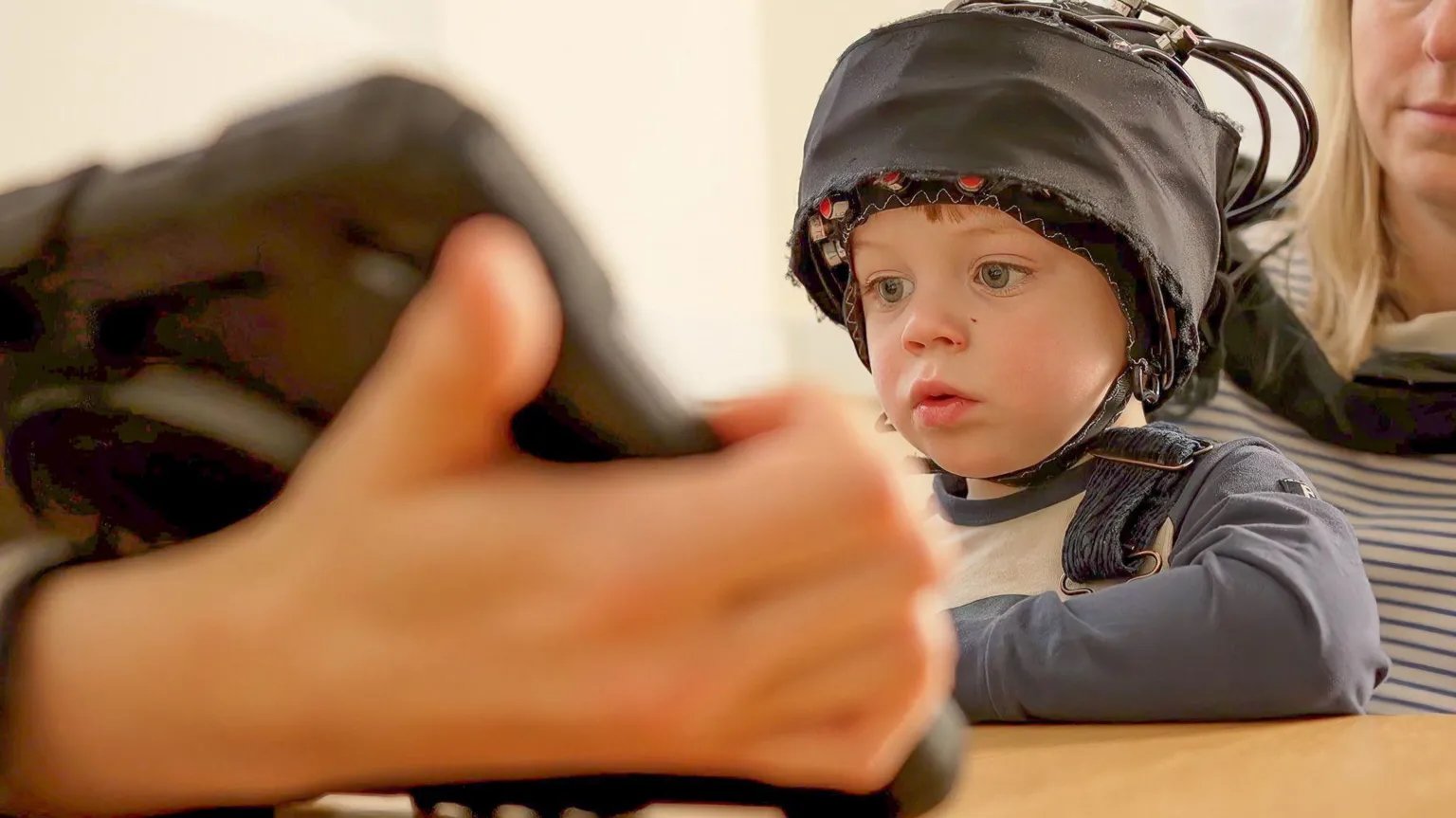
BBC News: What goes on inside toddlers' brains? A pioneering project is trying to find out
The Gowerlabs NTS system is being used in pioneering longitudinal studies at the University of Bristol, investigating how and when young children develop abilities that enable them to focus and learn.
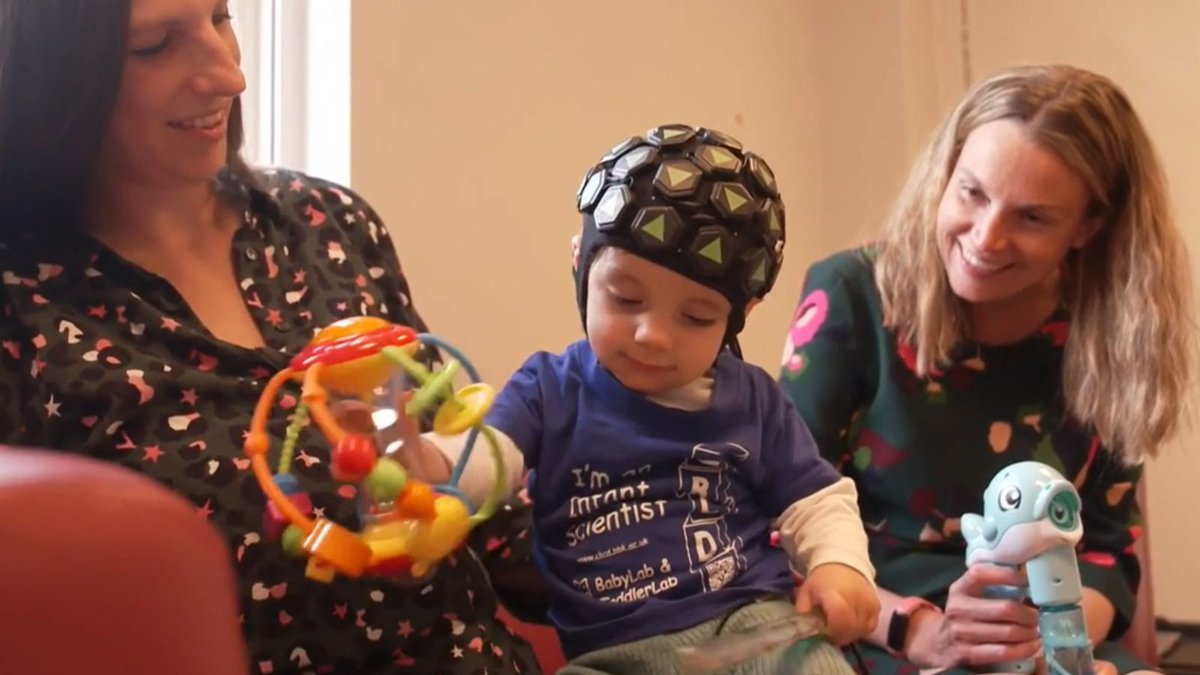
ITV News: Wearable baby brain scanner finds early emotional intelligence
A whole head LUMO was used in groundbreaking infant research by Liam Collins-Jones and colleagues, advancing scientists understanding of social development.

Disruptive Thinkers: How can light be used to expand the horizons of human neuroscience
LUMO was featured in a Disruptive Thinkers video posted by the UCL Faculty of Engineering, highlighting the remarkable advances made possible because of our technology.
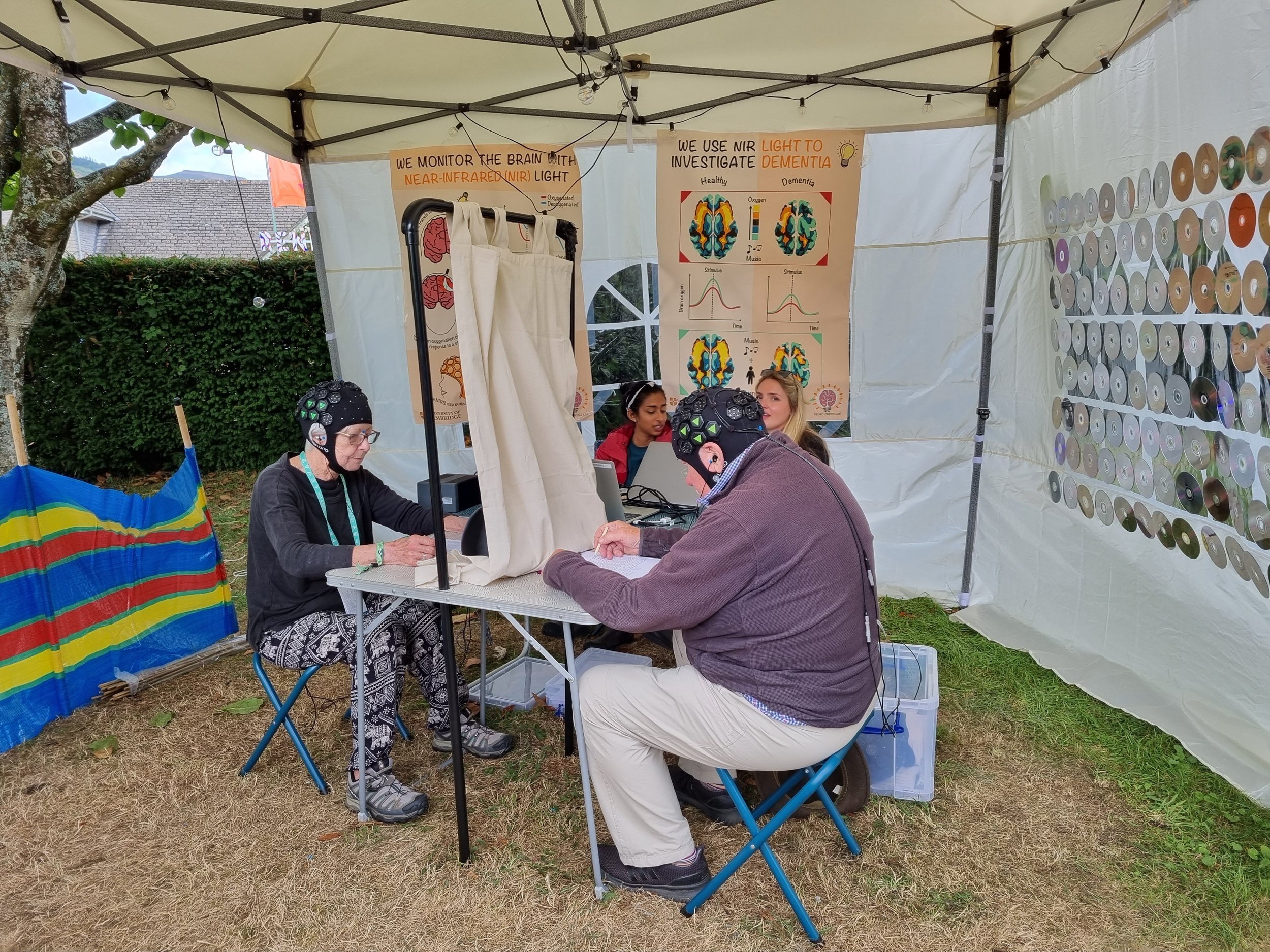
University of Cambridge Blog: I took a lab to a music festival
Our LUMO device was taken along to Green Man festival, where researchers from the University of Cambridge successfully collected data from 160 participants!

Optics & Photonics: Shedding Light on the Human Brain
Gowerlabs’ LUMO device was on the cover of the Optics & Photonics April 2021 magazine, and was discussed in their main feature about advances in fNIRS technology.
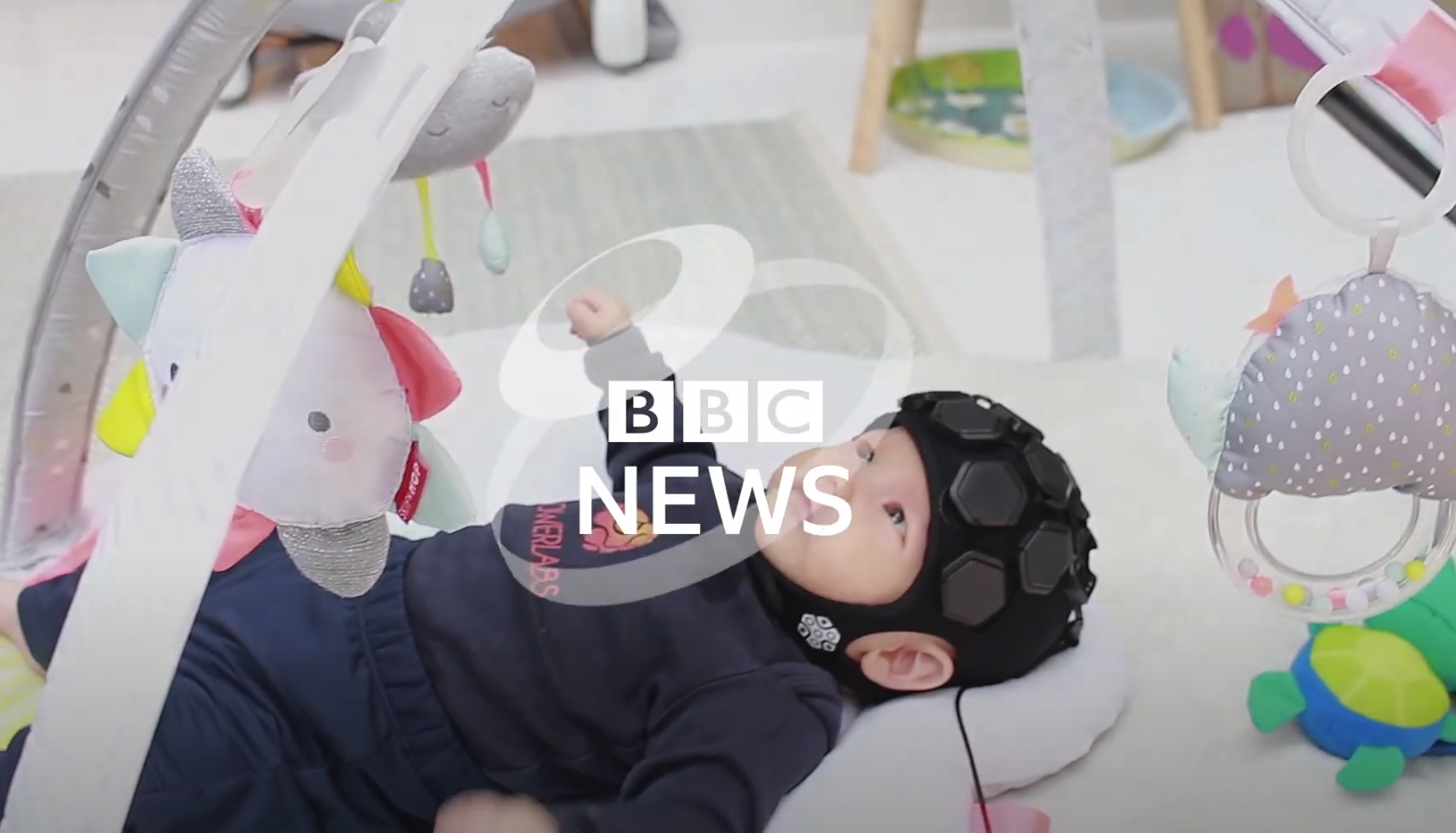
BBC World Service: Brain imaging technology designed for babies
Gowerlabs’ LUMO device was promoted in a BBC World Service feature, highlighting the vast potential of fNIRS in research on infants.
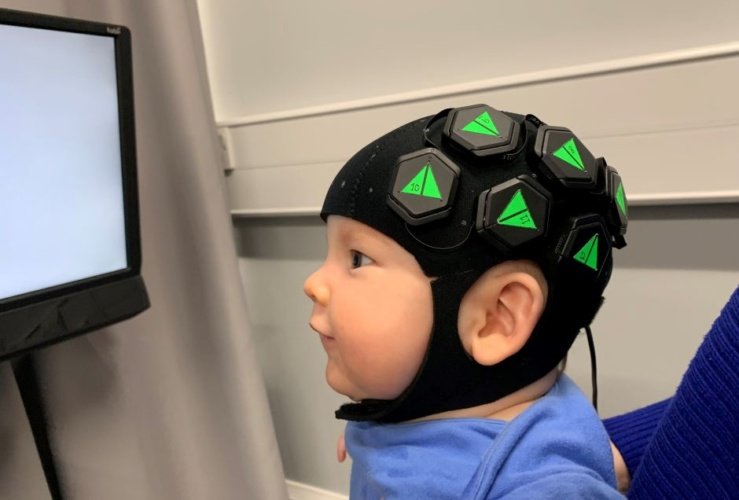
The Engineer: Baby brain activity mapped with non-invasive cap
Our LUMO device is featured in this article from The Engineer, which discusses the advantages of fibreless fNIRS technology.

CNN Business: Facebook gets closer to letting you type with your mind
A Gowerlabs anatomical head phantom was shown in conjunction with Facebook’s Brain-Computer Interface project, hoping to develop a noninvasive thought-typing system.

FT: Feed the brain and save the child
Our NTS device is part of groundbreaking research in the Gambia by Prof. Clare Elwell’s The BRIGHT Project, with funding from the Bill & Melinda Gates Foundation.

BBC Future: The secret world of babies
Our NTS system is featured in this article about Dr Sarah Lloyd-Fox’s pioneering research on infants using fNIRS, and the impact she has made along with her group on the technology and field as a whole.

UCL EPSRC CDT: Wearable high-density diffuse optical tomography technologies
Gowerlabs’ high-density technology has been used in pioneering research to study neonatal sensori-motor development.
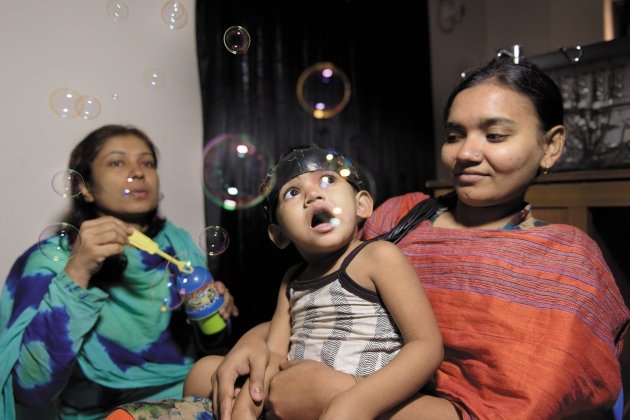
Nature: How poverty affects the brain
Gowerlabs’ NTS fNIRS system in Dhaka, Bangladesh, was used in one of the first studies looking at how the brains of babies and toddlers in the developing world respond to adversity.

BBC: Scientists study how babies develop ADHD
Gowerlabs’ NTS fNIRS system at Birkbeck Babylab was featured on the BBC for it’s use in ADHD and autism research.
